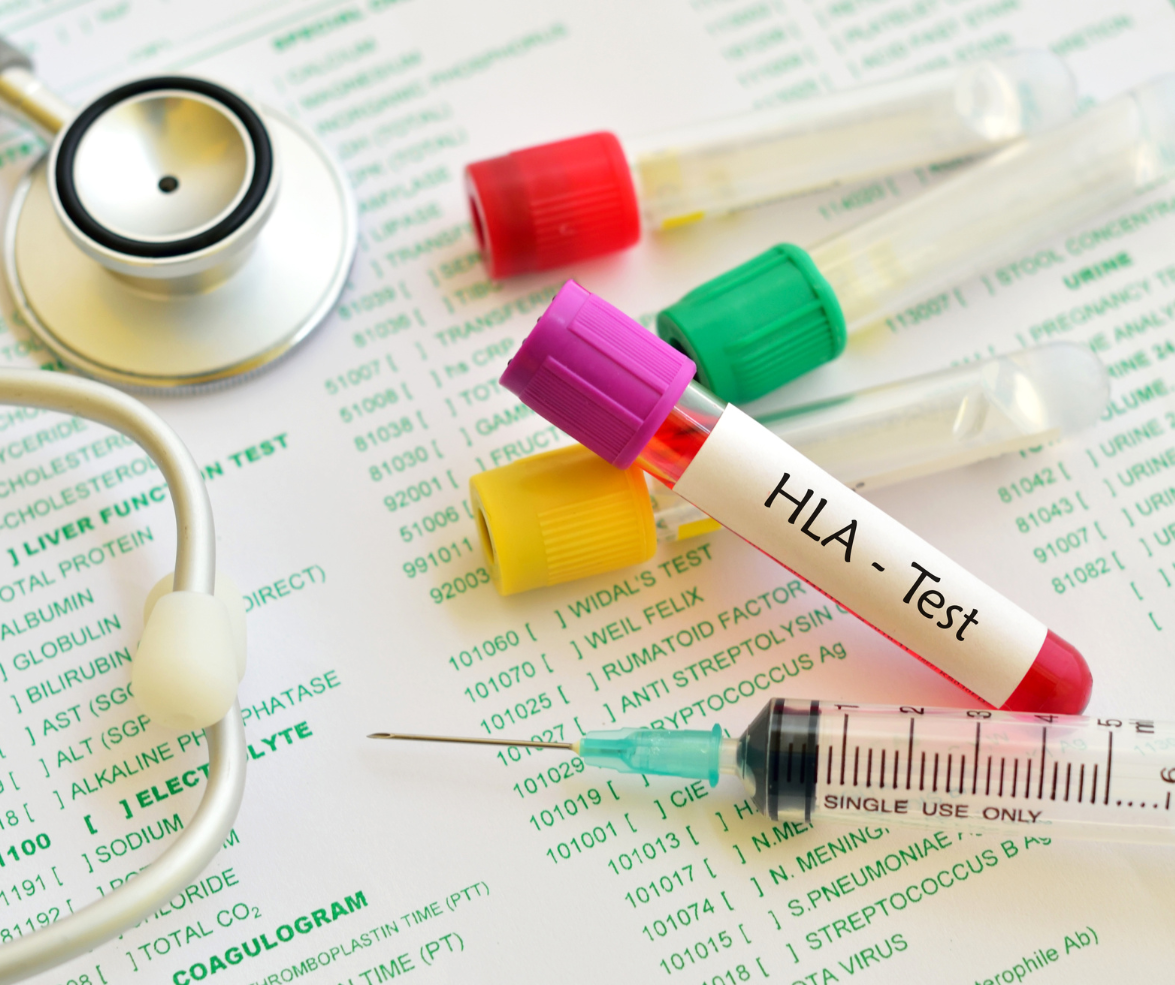Preventive Healthcare
NextGen HLA Typing in Organ Transplantation - Metropolis New Test Launch

Table of Contents
Organ transplantation is often the last step in many chronic diseases. The human leukocyte antigen is among the primary protein whose compatibility decides the transplant's success. Besides, the accuracy of HLA testing plays a crucial role in promptly recognising potential donors' organ tissue.
This article comprises the advantages of the next-generation sequencing technology (NGS) from Metropolis Healthcare. Read more to learn how the NextGen HLA typing test will transform accuracy compatibility for transplantation.
NextGen HLA typing procedure: Overview
The NextGen HLA testing provides the maximum HLA typing matching between recipient and donor. Among other factors, three antigen types, A, B, and DR, play a crucial role in recipient and donor compatibility.
This NextGen HLA testing is a higher-resolution molecular test for solid organ and haematopoietic stem cell transplantation. Know more about this compatibility test, which helps seamless tissue matching and organ transplantation in recipients with maximum accuracy.
How does the NextGen HLA testing work?
Every individual inherits two pairs of A, B, and DR proteins from their parents. The NextGen HLA typing test analyses suitable donors through the matching for tissues, bone marrow, and organ transplantation. The highest chances of compatibility lies between twins and siblings.
The HLA proteins are a part of the major histocompatibility complex (MHC). It functions in tandem with the T-receptor cells. This means the detection of foreign antigens in your body. Besides, it helps distinguish between self-cells and those of foreign origins to prevent auto-immune reactions. If your body contains incompatible tissues or preexisting cross-matching antibodies, HLA testing reduces rejection chances.
What makes NextGen HLA testing state-of-the-art?
Often in the HLA typing procedure, there's an ambiguity in choosing antibody incompatibility as the compatibility sign for transplantation. But it can also lead to rejection if other factors like lymphocyte matching are left ignored. The NextGen HLA typing test considers the following conditions:
- Ethnicity
- Antibody testing
- Lymphocyte cross-matching
- Blood typing
These factors make NextGen HLA testing accurate to detect maximum HLA compatibility. Besides, it considers allelic variants in your genes to ensure the most accurate allelic profiling for donor selection. It reduces the chances of the destruction of inserted tissues in the future and enhances the success rate of organ transplantation.
What are the advantages of NextGen HLA testing?
The NextGen HLA typing test comprises genetic and immunological factors. These ensure maximum compatibility between donor and recipient. It offers confirmation of successful transplantation based on available stem cell transplants or solid organs from a foreign donor. Check out the various advantages of the NextGen technique over other HLA typing results:
- It helps predict the underlying presence of pathogenic and auto-immune disorders.
- NextGen technique ensures maximum allelic compatibility for haematopoietic tissues and organ transplantation.
- It helps choose the most suitable donor based on the preexisting allelic profiling of the recipient.
- Considers all existing compatibility factors to remove HLA typing ambiguity, providing near-perfect transplantation outcomes.
- It saves time and resources. This means higher compatibility ensures successful organ transplantation without immunity rejection issues.
What else should you know about the NextGen HLA testing?
Unlike most HLA typing procedures, the NextGen technique earns its impeccable reputation as the best HLA testing. Thanks to its state-of-the-art allelic characterisation, it comprises all factors that may come into play during foreign tissue and organ transplantation.
Considered the gold standard approach, it's among the best available HLA typing in organ transplantation. Besides, this technique also compensates for the potential complications of graft rejection. It provides qualitative compatibility to ensure patients undergoing haematopoietic stem cell transplantation (HSCT) and organ transplantation don't experience graft vs host issues.
The NextGen HLA typing procedure compensates for the recipient's survivability, especially when vital organ transplantation (kidney, liver, pancreas) happens. It also considers potential factors like underlying auto-immune disorders or conditions that can thwart a healthy organ or tissue transplantation.
NextGen HLA typing - Final word
The role of organ transplantation is peerless to save patients who have an impaired organ system or lost one from underlying conditions. The NextGen HLA typing procedure ensures maximum compatibility between the recipient system and potential donors. This state-of-the-art diagnostic procedure has helped reduce unexplained graft rejections in patients with suitable HLA antigen compatibility.
The best part is that the NextGen HLA testing for kidney transplants is available in India. It reduces the expensive treatment cost while enhancing the accuracy towards near-perfect organ transplantation. Besides, this technique helped reduce unnecessary donor organ and tissue waste, making it a path-breaking solution in transplantation procedures.




























